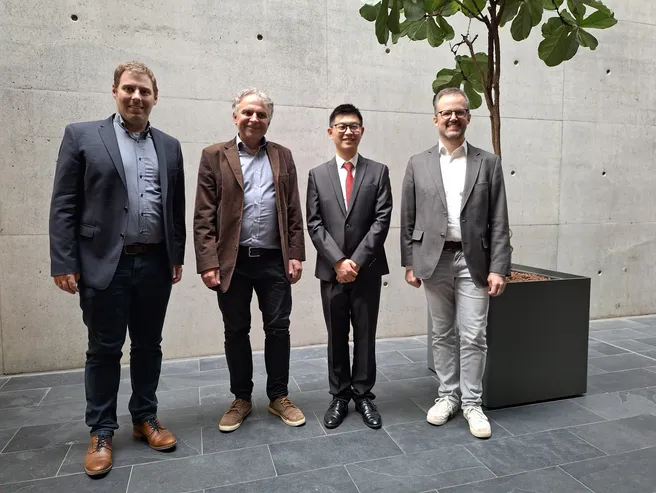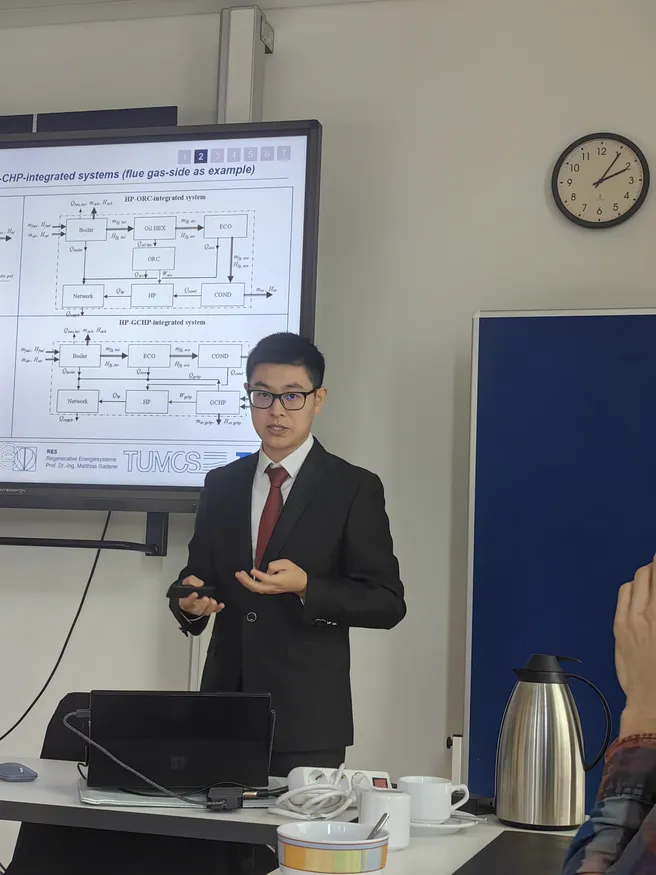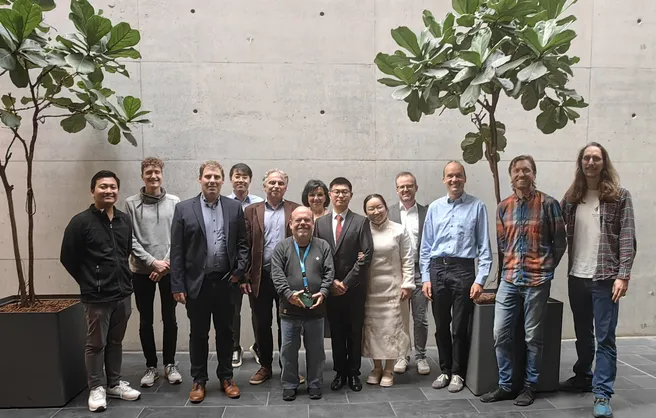The aim of this work is to develop a transferable method to optimize biomass heating networks from a technical, economic and ecological perspective, through the innovative integration of heat pumps and, if necessary, a combined heat and power plant for their own electricity supply.
For this purpose, a detailed simulation model was developed and validated as far as possible using measurement data from real heating plants. Furthermore, a multidimensional simulation optimization framework was implemented by coupling this model with a genetic algorithm. Three biomass heating networks with different hydraulic systems were examined in Germany to evaluate the integration concepts and the feasibility study.
It was found that both integration variants of the heat pumps can improve the overall efficiency of the system by more than 17% in practice. The results show that it is possible to ensure the effective use of biomass resources while achieving the economic and ecological viability of the system through appropriate optimization design. The success of this integration depends on a careful selection of the design parameters. The prices of biomass fuel and electricity are decisive factors influencing the economic viability of the integration concepts.
The team of Regenerative Energiesystems warmly congratulates Yusheng on his Dr.-Ing. and wishes him all the best for his future. Yusheng will continue to work in the field of energy optimization in the building sector and incorporate the latest research results into his work.



